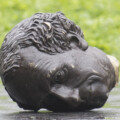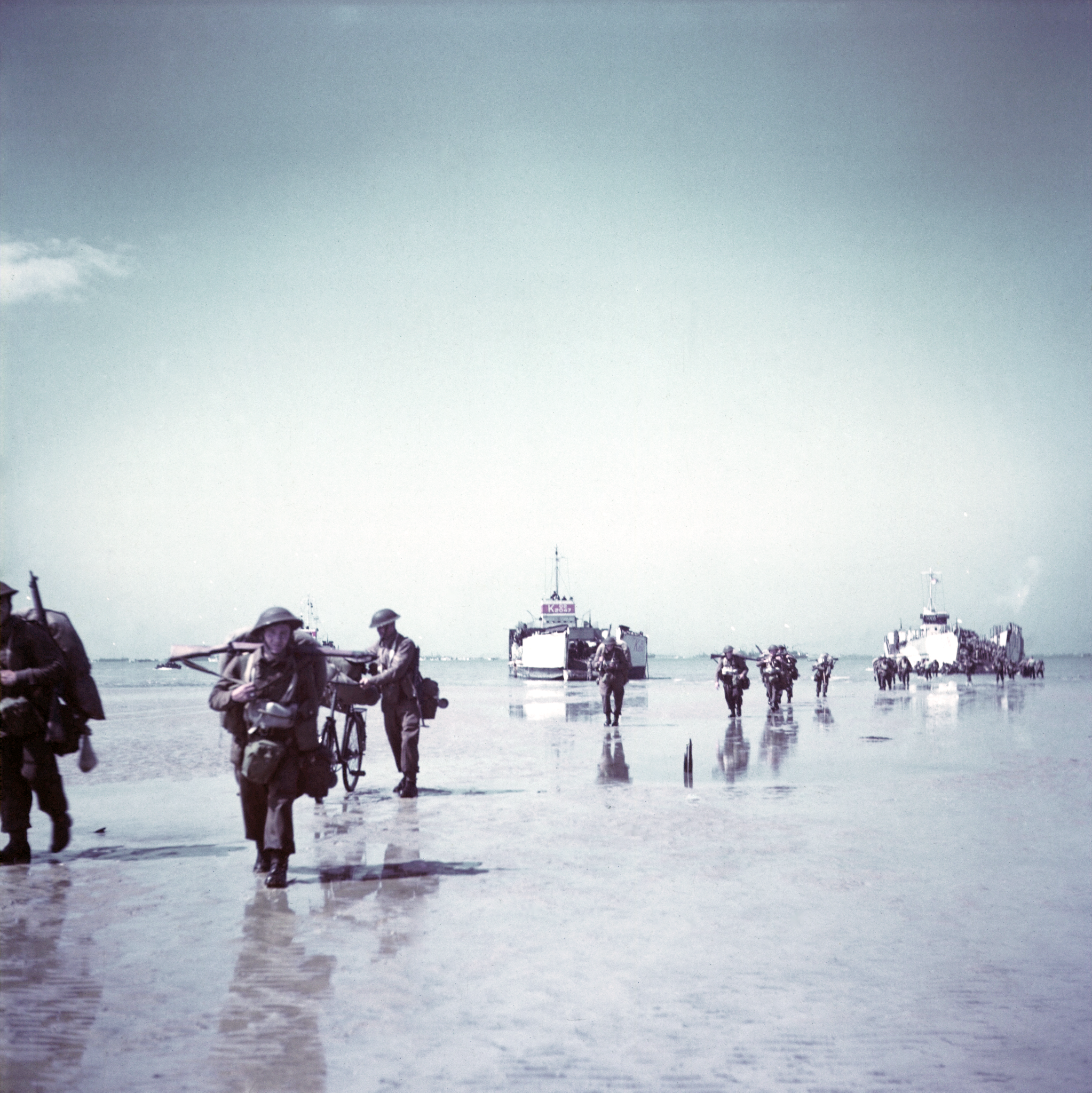“You are about to embark upon the Great Crusade, toward which we have striven these many months. The eyes of the world are upon you. The hope and prayers of liberty-loving people everywhere march with you. In company with our brave Allies and brothers-in-arms on other Fronts, you will bring about the destruction of the German war machine, the elimination of Nazi tyranny over the oppressed peoples of Europe, and security for ourselves in a free world.”
– The opening lines of General Dwight D. Eisenhower’s message to the Allied soldiers, sailors, and airmen about to participate in the D-Day landings.
Eighty years ago today, soldiers of the 3rd Canadian Infantry Division landed in Normandy, France as part of the D-Day operation to liberate Europe from Hitler’s monstrous tyranny. They were among the first Allied troops to land, playing an integral role in the largest movement of men and machinery in the history of the world. The Canadians were assigned the “Juno” sector as their landing site, one of five beaches assaulted that day. They were given a role out of all proportion to their size, and they did everything asked and more that day.
When Canadians think of D-Day, many default to cinematic depictions of the battle. When we watch Tom Hanks and his U.S. Rangers land on Omaha Beach in Saving Private Ryan, we feel like we are next to them. Shells explode. The sound of bullets pinging off metal shocks, almost as much as the visceral scenes of death and destruction at the water’s edge. You feel like this is as close as you can come to knowing what it was like to land on D-Day. Yes, Steven Spielberg’s epic war film captures well the American experience on a slice of the beach at Omaha. But this was not the Canadian experience.
Charlie Martin, a company sergeant-major with Toronto’s Queen’s Own Rifles of Canada, was one of the first Canadians to sink his boots into the sand of Juno Beach. But, he was not part of a horde of soldiers storming armaments. Instead, as his small landing craft approached the seaside village of Bernières-sur-Mer, he recalled that he had, “never felt so alone…Hollywood filmmakers would typically show support planes overhead, the Channel crowded with destroyers and battleships, the shore full of assault boats, beach masters and all that kind of thing. Not so with us.”
Besides, the 30-odd men in his boat, all he could see was a landing craft over 100 metres away on either side, barely visible through the mist and smoke. When his vessel eventually beached on the shore and the ramp dropped, Charlie charged at the Nazi defenders. As machine gun bullets flew past and mortar bombs exploded around them, soldiers dropped dead. But Charlie kept on going. He felt it was him and his men alone against the Nazis. It was a world away from Tom Hank’s Oscar-nominated portrayal. It ended up being a costly day for Charlie’s regiment. The Queen’s Own Rifles suffered the highest casualties of any Canadian unit on D-Day. Sixty-one men were killed and 82 were wounded.
The Royal Winnipeg Rifles fought their way ashore at Courseulles-sur-Mer, where 57 Canadians died and another 71 were wounded.
By the end of the day, the Winnipeg regiment’s B Company had destroyed three concrete artillery bunkers and 12 machine gun nests. Only Captain Phil Gower and 26 of his men remained standing. It was less than a quarter of those who had landed hours earlier.
Across Juno Beach and the battles inland that day, 340 Canadians were killed, 574 wounded, and another 47 taken prisoner by the Germans.Including losses from the Royal Canadian Air Force, the total number of Canadian D-Day casualties equals 381 soldiers and airmen killed, 584 wounded, and 131 captured. These terrible losses were only exceeded by the Americans at Omaha. Despite the high losses, the Canadians advanced further inland than any other troops that day. Over the next week, they defeated and destroyed a series of German armoured counterattacks seeking to push the Allies back into the sea.
An Ipsos poll conducted five years ago for the 75th anniversary of D-Day showed that while 62 percent of Canadians could correctly identify what D-Day was, and nearly 70 percent knew Canada was a participant, only 34 percent could identify the year and, most troubling, one in four (24 percent) admit that they were not sure who the Allies were fighting against. With a poor understanding of these basic elements, this doesn’t give me much hope that Canadians truly understand the importance of this anniversary.
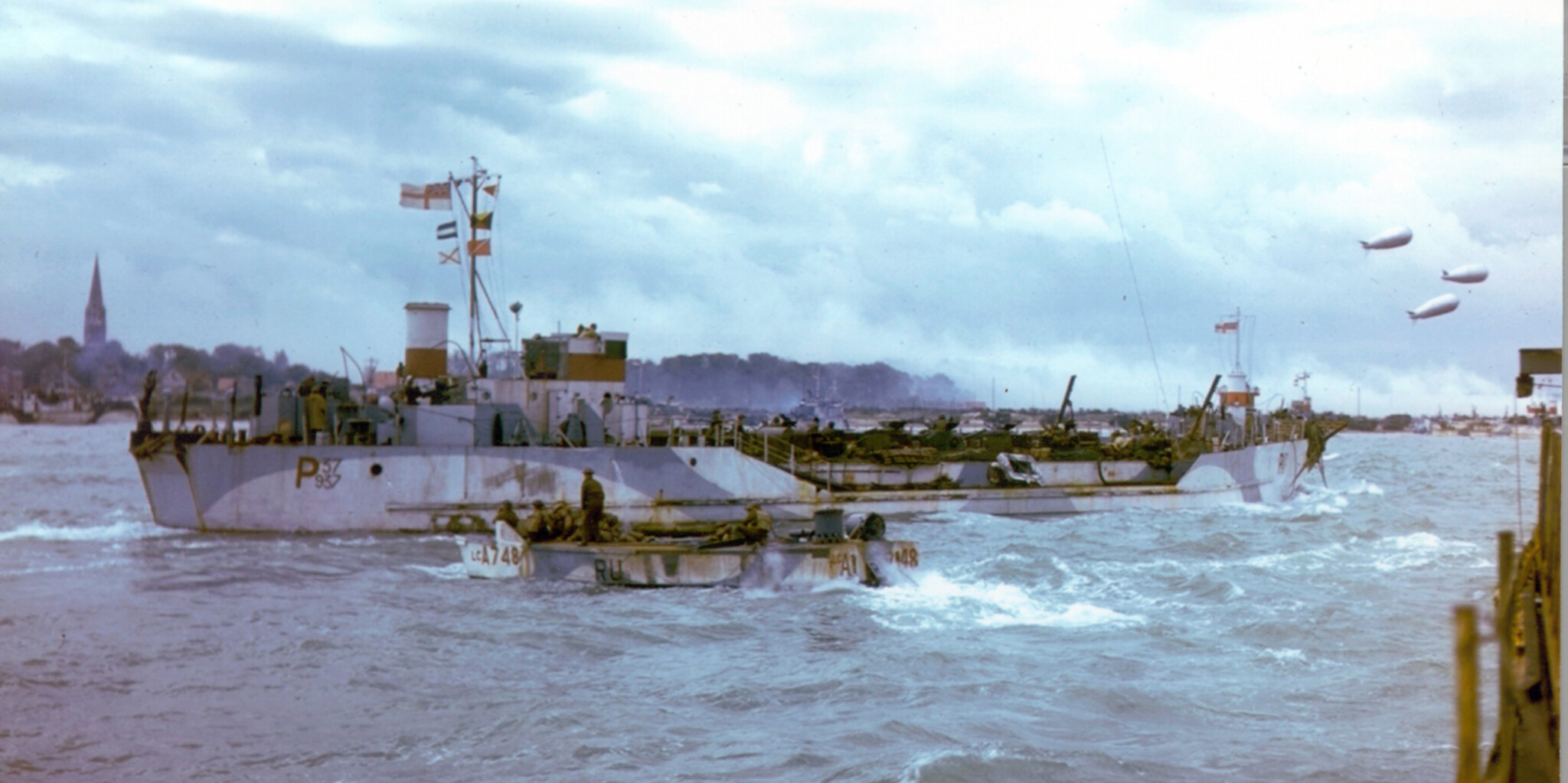
A Landing Craft Tank (LCT) loaded with Sherman tanks belonging to the 2nd Canadian Armoured Brigade sails along the coast off Bernières-sur-Mer. The Church steeple in the centre of the town is visible at the left edge of the photo. Barrage balloons, intended to discourage low-level attacks by German aircraft, were towed by some of the larger assault vessels. (Canadian Force photo CT-305)
Why does it matter?
Canada was forged in the fire of the Second World War. It has arguably shaped who we are as a nation and as a people more than any other event in our history. Canadians served around the world in almost every theatre of operations. On the homefront, the nation mobilized to support the war effort. Women gained rights and freedoms that had long been denied to them. After six long years of conflict, Canada emerged as an economic and international power, and by its effort and sacrifice, made a difference in the world.
From a population of only 11 million in 1939, more than one million Canadian men and women served in uniform. Hundreds of thousands more served on the homefront in factories producing trucks, guns, and ammunition, or by toiling away in the fields, forests, and mines, to supply the war economy.
The cost was high. Some 42,000 Canadians never returned home. They are buried in France, England, the Netherlands, the Far East, or other locations around the globe. Many have no known grave and their names may be found on memorials to the missing and within the Books of Remembrance in the Peace Tower on Parliament Hill in Ottawa. Thousands more returned home with broken bodies and minds.
The Canadians killed on the 6th of June were all volunteers, as were the vast majority of those who served during the war. (Men were conscripted for service in Canada and some made it overseas by October 1944 where they made a small, but important, contribution.)
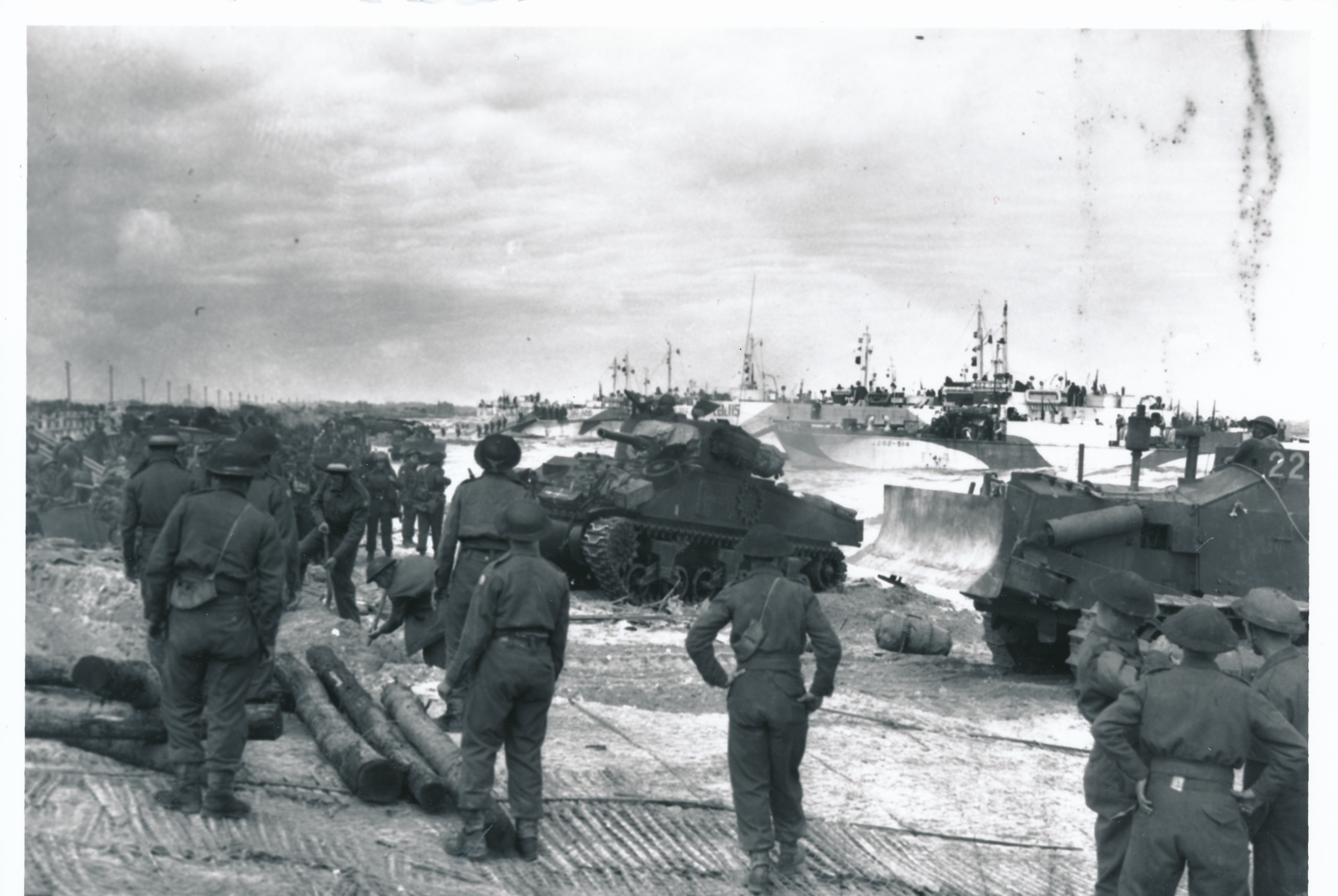
Tanks of 1st Hussars and troops of Royal Winnipeg Rifles and Regina Rifles landing near Courseulles-sur-Mer, 6 June 1944 (LAC PA-128791)
Their motivations for joining the military varied. Some sought adventure or escape. Others valued a steady job, a regular paycheque, or knowing where their next meal would come from. But all volunteered knowing that bad things were happening around the world, and they needed to do something to help.
As someone who studies history professionally, I often hear it said “Those who do not learn history are doomed to repeat it.” I don’t believe that history repeats itself, but a similar observation, often attributed to Mark Twain, resonates strongly with me: “History doesn’t repeat itself, but it often rhymes.”
Our world today faces countless conflicts that could easily blow up into a much larger war. You know the places: Ukraine, Gaza, and the South China Sea among others. As I write this, a Canadian battlegroup sits in Latvia guarding against the possibility of invasion. Canadian troops are training Ukrainian soldiers to defend their homeland, supporting the UN in Africa, working with coalition forces in the Middle East, or conducting maritime security and counter-terrorism operations in the Arabian Sea.
All Canadians should be proud of what our military accomplished on D-Day, where Canadian troops led the way ashore and played a role out of all proportion to our size in helping to liberate France. It was an important mission then. Understanding our past can help Canadians understand how (and why) our nation must contribute to global security today.
Wherever you are today, spare a thought for the hundreds of Canadians killed storming Juno Beach and give thanks that their sacrifice gave us a better world today. But also ask the question: what would happen today if there was a similar threat to world peace? Are Canadians still ready to stand, fight, and die for what they believe in?
Disclaimer: The views and opinions expressed in this article are solely those of the author and do not necessarily reflect the views of the RCAF, Canadian Armed Forces, or the Government of Canada.
Recommended for You
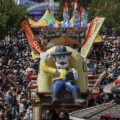
Falice Chin: The ‘wild and weird’ Calgary Stampede
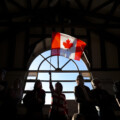
‘Can we actually be an independent country?’: Michael Ignatieff on the 60th anniversary of Lament for a Nation
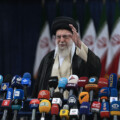
Michael Bonner: Are we witnessing the last gasp of Iran’s Islamic Republic?
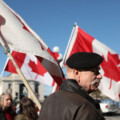
Brian Lee Crowley: Why George Grant was wrong about pretty much everything
